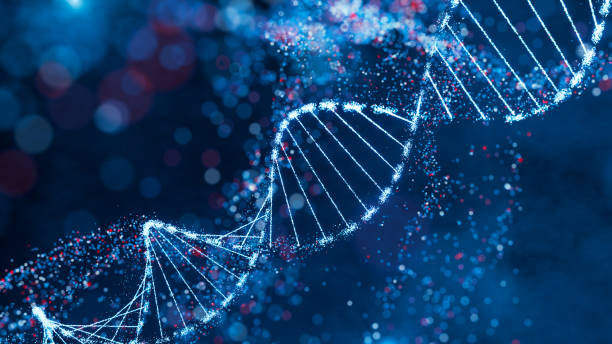Legal Implications of Synthetic Biology: A New Frontier
Introduction: Synthetic biology, a cutting-edge field merging biology and engineering, is reshaping our understanding of life itself. As scientists push the boundaries of genetic manipulation, lawmakers and ethicists grapple with unprecedented legal challenges. This article explores the complex legal landscape surrounding synthetic biology and its far-reaching implications for society, industry, and the environment.

Regulatory Challenges in Uncharted Territory
As synthetic biology advances rapidly, regulatory frameworks struggle to keep pace. Existing laws and regulations, primarily designed for traditional biotechnology, often fall short when addressing the unique challenges posed by synthetic organisms. The ability to create entirely new life forms raises questions about how to classify and regulate these entities. Should they be treated as genetically modified organisms, chemicals, or an entirely new category? Regulatory agencies worldwide are grappling with these questions, seeking to balance innovation with safety and ethical concerns.
Intellectual Property and Synthetic Life
The realm of synthetic biology has ignited fierce debates in intellectual property law. Can living organisms or their components be patented? This question, once settled for genetically modified organisms, has been reignited by the ability to create synthetic life from scratch. Courts and patent offices are revisiting longstanding principles to determine the extent to which synthetic biological creations can be protected under intellectual property laws. The outcomes of these deliberations will have profound implications for research, innovation, and commercialization in the field.
Biosecurity and Legal Safeguards
The power to engineer life forms also brings significant biosecurity concerns. The potential for synthetic biology to be used in creating biological weapons or other harmful agents has prompted calls for stringent legal safeguards. Lawmakers are working to develop comprehensive frameworks to prevent misuse while not stifling legitimate research. This includes regulations on the synthesis and distribution of DNA sequences, as well as guidelines for laboratory safety and containment of synthetic organisms. The challenge lies in crafting laws that are flexible enough to adapt to rapidly evolving technology while providing robust protection against potential threats.
Environmental Law and Synthetic Organisms
The release of synthetic organisms into the environment presents novel challenges for environmental law. Traditional regulations governing the release of genetically modified organisms may not adequately address the unique risks posed by synthetic life forms. Questions arise about the potential ecological impacts, the ability of synthetic organisms to evolve or interact with natural ecosystems, and the mechanisms for controlling their spread. Environmental lawyers and policymakers are working to develop new legal frameworks that can assess and manage these risks effectively.
Ethical Considerations and Legal Boundaries
As synthetic biology pushes the boundaries of what is scientifically possible, it also raises profound ethical questions that intersect with legal considerations. The ability to create and modify life forms challenges our fundamental understanding of what constitutes life and the moral status of synthetic organisms. These ethical dilemmas have legal ramifications, influencing how synthetic biology is regulated, what research is permitted, and how the products of this field are used. Legal systems worldwide are grappling with establishing ethical guidelines that can be codified into law, balancing scientific progress with moral and societal values.
International Cooperation and Harmonization
The global nature of scientific research and the potential for synthetic biology to have cross-border impacts necessitate international cooperation in developing legal frameworks. Different countries currently have varying approaches to regulating synthetic biology, creating challenges for researchers and companies operating in multiple jurisdictions. There are growing calls for harmonized international standards and regulations to ensure consistent safety measures, facilitate collaborative research, and address global biosecurity concerns. Organizations like the United Nations and the World Health Organization are playing crucial roles in fostering dialogue and working towards global governance structures for synthetic biology.
In conclusion, the legal landscape surrounding synthetic biology is complex and rapidly evolving. As this field continues to advance, it will be crucial for lawmakers, scientists, ethicists, and the public to engage in ongoing dialogue to develop robust, flexible, and ethically sound legal frameworks. The decisions made in the coming years will shape not only the future of synthetic biology but also our relationship with the living world and the very definition of life itself. As we navigate this new frontier, the law must strive to balance innovation, safety, and ethical considerations, ensuring that the immense potential of synthetic biology is realized responsibly and for the benefit of all.





